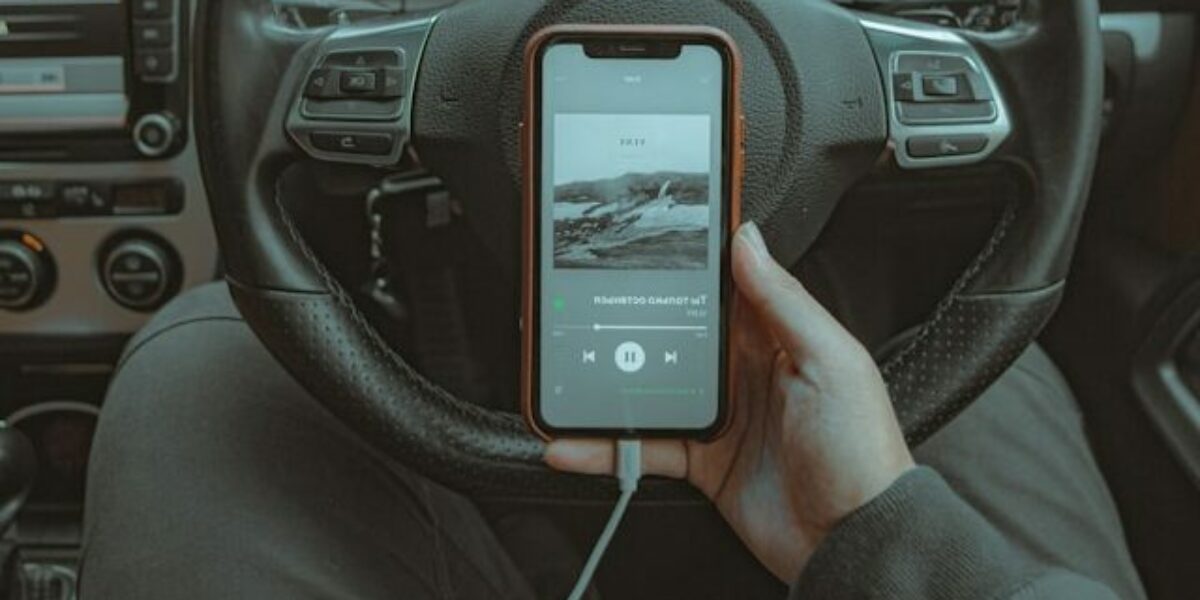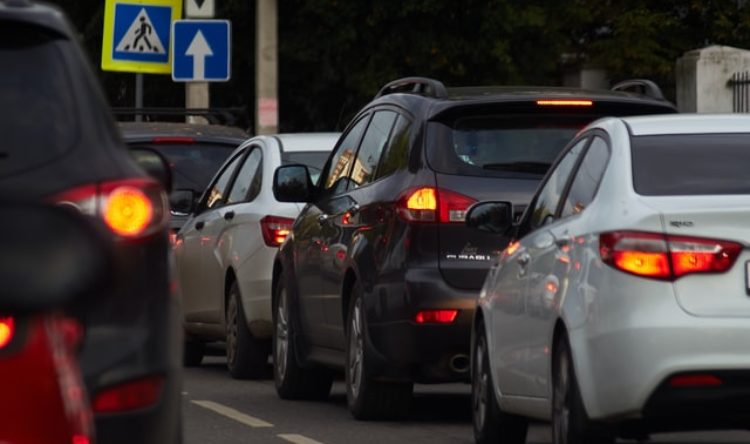Use it and lose it
Drivers beginning to support the idea of phone confiscation for drivers caught illegally using them
Motorists increasingly support phone confiscation for drivers caught using mobiles behind the wheel.
As the issue of phone use by drivers continues to ring alarm bells, many drivers believe more needs to be done.
The government continues to support hands-free use, though research and road safety professionals support banning all phone use by drivers.
Take it away
More than a third (34%) of advanced drivers in the UK would support the police confiscating a motorist’s mobile phone if offenders were caught using it illegally behind the wheel.
The findings come from a new survey by road safety charity IAM RoadSmart.
Canvassing 2,437 IAM RoadSmart members in February 2024, a third of respondents support the idea of phone confiscation. This would be for a short period as both a penalty and deterrent. However, 27% of those in support believe offenders should pay to get their phone back.
All this would be an additional punishment to the existing £200 fine and points endorsement.
A slight majority (56%) were unconvinced that taking a phone was appropriate.
Tougher actions
Only half of motorists believe the current £200 fine and 6 points on the licence are sufficient punishments. 51% said it is about right, but 42% believe it is too lenient. Just 4% said the current penalty is too harsh.
Those feeling the status quo is too lenient were asked what a more appropriate penalty would be. The most popular alternative (selected by 34%) would be an instant six-month driving ban and an unlimited fine. This was followed by a £1,000 fine and six points on a licence (supported by 20%).
Scared
These figures are published alongside a separate survey of IAM RoadSmart members and non-members. This survey showed that almost two-thirds (62%) of drivers believe that driver distractions such as talking and texting at the wheel are a bigger problem than three years ago.
A large majority of drivers (80%) consider others’ illegal phone use a threat to their own personal safety. A quarter (24%) now believe it to be a top-three priority for roads policing.
Age-old concerns
IAM RoadSmart, via a Freedom of Information (FOI) request to the DVLA, looked at enforcement of current rules. It revealed that 34,738 drivers were issued a CU80 endorsement on their licence in 2022 for illegally using a handheld mobile phone at the wheel.
Worryingly, young drivers are disproportionately represented. Drivers aged between 17-24 made up a tenth of those receiving endorsements, despite only representing 7% of all licence holders.
Home Office data reveals that 37,900 drivers in England were issued either a fixed penalty notice (FPN), driver retraining, or court action for illegal phone use in 2022.
Evolving
In 2017, the penalties doubled to £200 and six points on a licence, having previously been a £100 fine and three points.
New drivers caught within two years of passing their practical test risk having their licence revoked.
In March 2022, the Government closed the loophole, which saw some drivers escape punishment on technicalities. This legal ambiguity meant actions such as taking pictures or playing games while driving were not seen as ‘interactive communication’.
From 2023, some police forces have been trialling camera technology to detect phone use at the wheel. Errant drivers are given warning letters or a notice of intended prosecution, depending on the severity of the offence. The technology has been deemed successful, and more forces are looking to trial it.
Time to hang up
IAM RoadSmart Director of Policy and Standards Nicholas Lyes describes the issues of mobile phone use behind the wheel as “illegal and dangerous”.
Lyes adds, “many drivers want police forces to prioritise enforcement against these offenders”. The survey results show that “the idea of confiscation of phones and paying an additional fine for its return has the backing of a surprisingly sizeable number of drivers”. This goes some way to show the growing concern and frustration among motorists over the issue.
Lyes believes it could be “rolled out nationally” when it comes to using tech. This must be subject to Home Office-type approval and the final trial findings.
“We have seen the tragic consequences of drivers using their phones at the wheel,” states Lyes. These include the M66 case, where a young driver filmed himself travelling at catastrophic speeds, resulting in the death of Frankie Jules-Hough and her unborn child.
“The Government should review the fine level alongside type-approving new camera technology to improve detection. These actions should be supported by a renewed high-profile education campaign highlighting the dangers of using a mobile phone while driving and consider the merits of offering more training courses. We also think social media companies have a responsibility to review policies and remove content as soon as possible when drivers post videos of themselves breaking the law.
“Ultimately, we need to break the cycle of phone addition once drivers get behind the wheel as it is a serious distraction that can have tragic results.”





